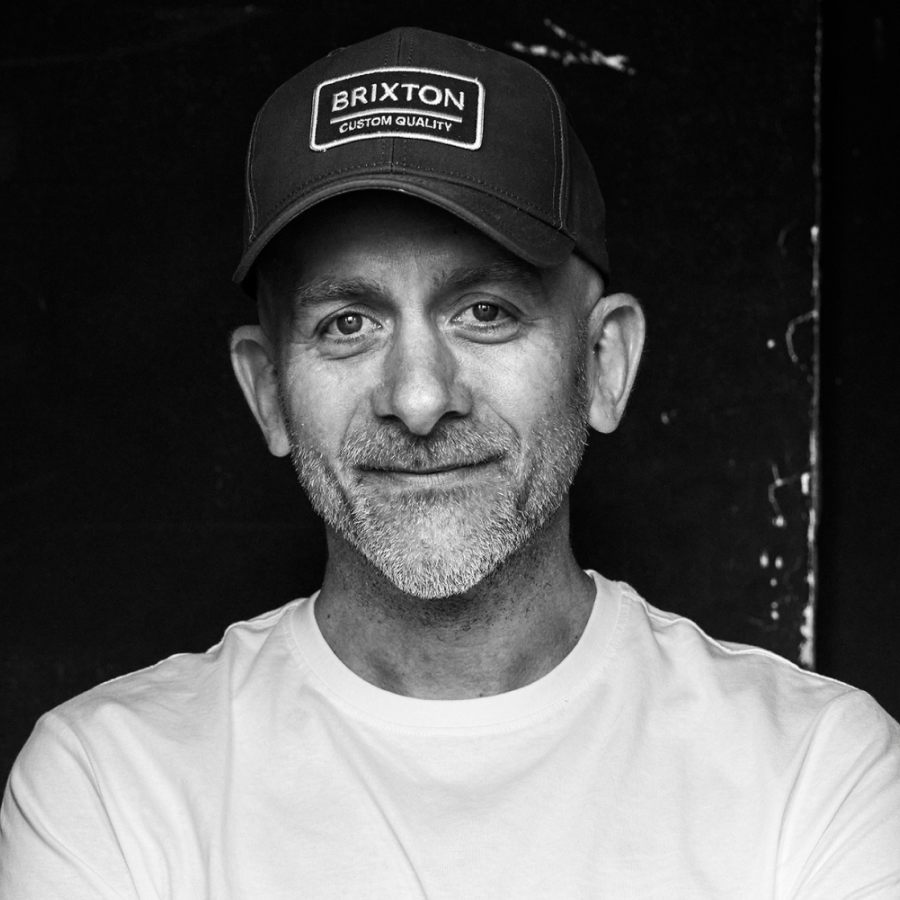
ASKING FOR A FRIEND
Why do I think others work is often much better than my own?
ASKING FOR A FRIEND - QUESTION
Ever feel like your creative work falls short while others sing its praises? Creative Director Jeremy Willmott and psychologist Jocelyn Brewer tackle this common creative struggle with host Andy Wright. They explore why that inner critic might actually be valuable, how the gap between vision and reality affects our self-perception, and why women often experience this more intensely. The discussion covers practical strategies for working with your inner voice, finding trusted feedback sources, and recognising when self-doubt crosses into harmful territory. A reassuring reminder that even the most successful creatives never think their work is truly finished.
The Inner Critic: Why Your Work Feels Worse Than Everyone Says It Is
Ever wondered why others rave about your creative work while you're busy picking it apart? You're not alone in this struggle, and there's actually more wisdom in that inner voice than you might think.
This question was answered by Jeremy Willmott, Creative Director at Paper Moose and Best Tutor NSW at AWARD School 2023, alongside Jocelyn Brewer, psychologist and cyberpsychology consultant specialising in digital wellbeing. The discussion was hosted by Andy Wright, founder of Never Not Creative and CEO of Streamtime.
Your Inner Critic Isn't the Enemy
That nagging voice questioning your work? Jeremy suggests it's actually something to nurture rather than silence. "I think what this question is really digging into is as a creative human, being critical about your own work is something actually to nurture," he explains. This self-awareness often signals future creative leadership potential, as you're developing the skills to give thoughtful feedback.
The reality is simple: "I don't really know any creative person that ever thinks that their work is perfect and ready and finished," Jeremy notes. There's always that lingering thought of "what if we had a bit more time or just a little noodle on that idea a bit more."
The Gap Between Vision and Reality
Here's the thing nobody else can see: the gap between what you imagined and what you delivered. As Andy points out, it's like being nervous about a presentation because you forgot to mention certain points, when the audience had no idea you planned to cover them in the first place.
Jocelyn adds crucial context: "You're not privy to other people's process. We're probably all having very similar reflections on the gap between the ambition and then the realistic output based on all those time constraints and budgets." Everyone's wrestling with similar challenges, you just can't see their internal struggle.
The Gender Factor and Hypercriticism
Jocelyn raises an important point about how this self-doubt often shows up differently: "I would be so curious to know the gender of this person because I think women especially show up with a lot more of this." She references schema therapy's concept of hypercriticism, where we judge ourselves far more harshly than others judge us.
The key insight? "Sometimes just judge the output, not the process," Jocelyn suggests. You're comparing your behind-the-scenes chaos with everyone else's polished final product.
Finding Your Trusted Circle
Jeremy emphasises seeking feedback from people you genuinely respect and trust in the industry. These are the voices that matter, not just anyone who says "great job" to tick a box. "You value those people as well when you get that honest feedback. They're the people that you learn the most from," he explains.
When trusted colleagues praise your work, it's okay to believe them. They're seeing what you've actually created, not the version that exists only in your head.
How NNC Circles Can Help
Never Not Creative's Circles peer support groups provide exactly this kind of trusted feedback environment. These monthly sessions connect creatives facing similar challenges, offering a confidential space to share experiences and gain perspective on work-related anxieties. With trained facilitators and fellow creatives who understand the industry pressures, Circles can help you develop a healthier relationship with your inner critic while building genuine connections with peers who truly get it.
When to Seek Professional Help
If self-doubt about your work becomes overwhelming or starts affecting your daily wellbeing, it might be time to seek additional support. Persistent feelings of inadequacy or imposter syndrome can sometimes indicate deeper issues that benefit from professional guidance. Never Not Creative provides resources for where to get help when creative challenges feel too big to handle alone.
Your inner critic isn't broken, it's just doing its job a bit too enthusiastically. Learning to work with it, rather than against it, while surrounding yourself with trusted voices, can transform that nagging doubt into a tool for creating genuinely great work.
our guests
Industry Leader

Jeremy Willmott
Paper Moose
Mental Health Expert

Jocelyn Brewer
Host

